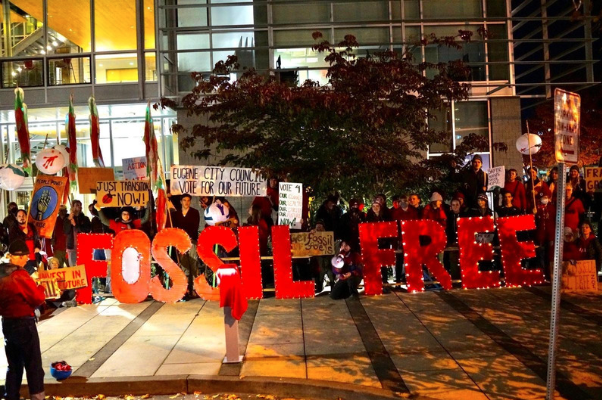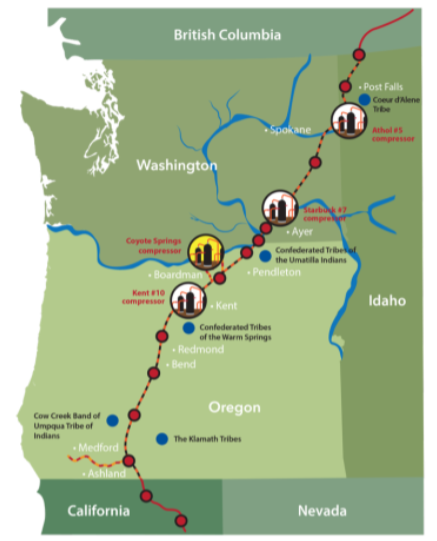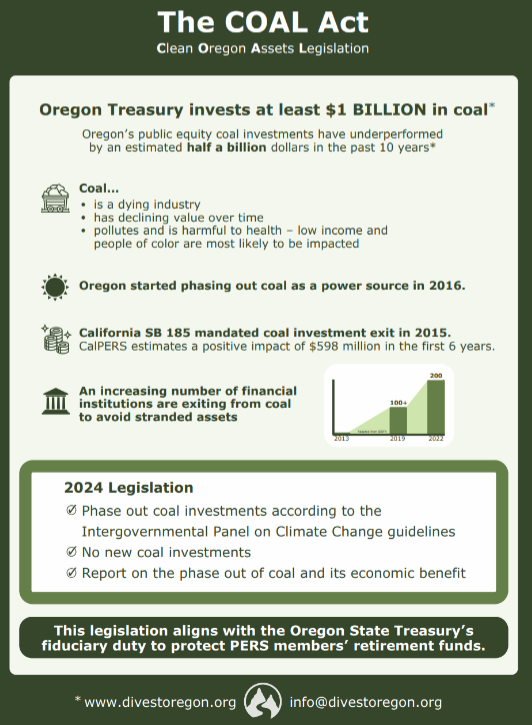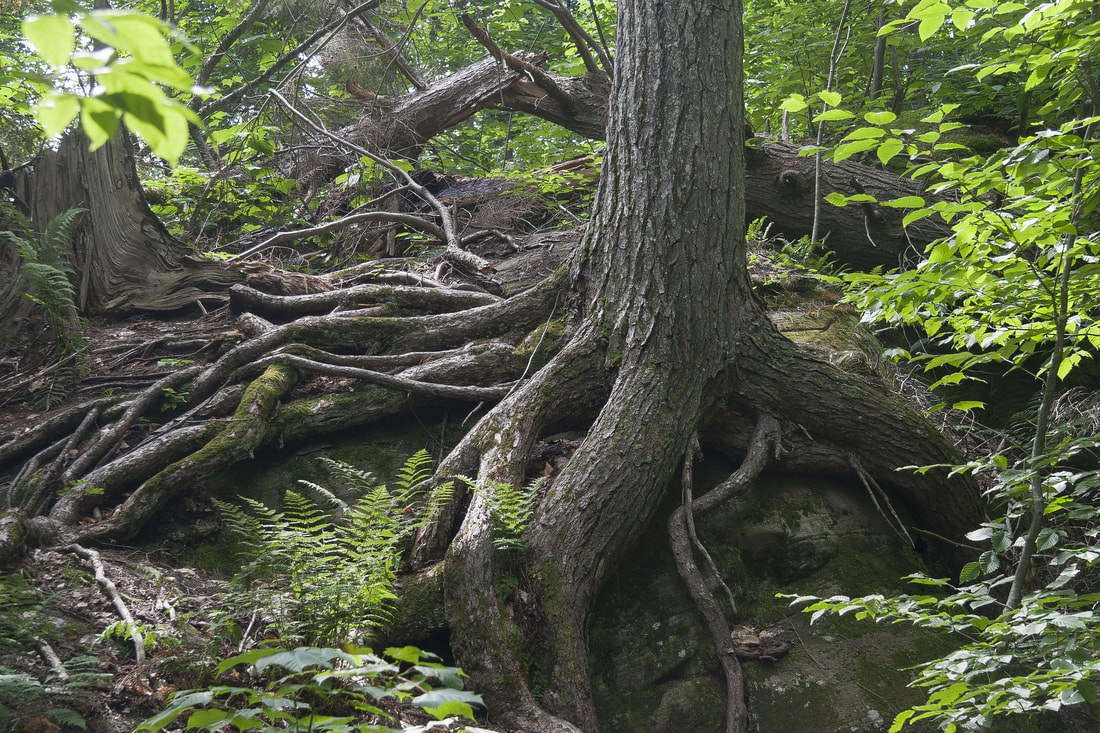As our community experiences deadly, unprecedented heat… key climate and resilience policies are in front of our City Council. They have the authority to enact common sense policies to reduce emissions from homes and buildings, increase energy efficiency and resilience, and transition our community off of fossil fuels.
We have been working tirelessly with legal experts, providing technical information to staff and councilors, urging them to prioritize climate, energy justice and public health by moving to direct City staff to draft ordinance and / or resolution language reflecting the following policies in 2024, which will:
We have been working tirelessly with legal experts, providing technical information to staff and councilors, urging them to prioritize climate, energy justice and public health by moving to direct City staff to draft ordinance and / or resolution language reflecting the following policies in 2024, which will:
- Generate revenue for low-income residential electrification by increasing the Gas Supplier tax on NW Natural from 5% to 10 % and creating a social cost of carbon fee
- Establish a low-nitrogen oxides (NOx) emissions standard for gas furnaces and water heaters sold in Eugene
- Prohibit the expansion of gas mains within the City’s public right-of-way
- Adopt a City policy that any new construction that the City subsidizes, or provides with permitting exemptions and / or streamlining, be built all-electric, as a condition of those subsidies / exemptions.
These are sensible, legally defensible steps the City can take NOW. We have already experienced significant delays.
We need action and WE THE PEOPLE have to exert PRESSURE.
We need action and WE THE PEOPLE have to exert PRESSURE.
This summer we’ll be developing strategies with our allies to move ahead with climate action in Fall of 2024! Sign up for our newsletters here and watch our calendar for meetings and events. Eugene Demands Climate Action!
For background on how Eugene got here and what’s next for Electrification Policy, read Danny Noonan’s incisive Op-ed in the Eugene Weekly on July 11, 2024 in our latest “It Must Be the Climate” column here. (Danny Noonan is Climate and Energy Strategist at Breach Collective.)
For background on how Eugene got here and what’s next for Electrification Policy, read Danny Noonan’s incisive Op-ed in the Eugene Weekly on July 11, 2024 in our latest “It Must Be the Climate” column here. (Danny Noonan is Climate and Energy Strategist at Breach Collective.)
Street Messaging
|
If you like to get together with your climate buddies outdoors AND engage the public, our Climate Messaging Team is for YOU. We hit the streets regularly at strategic locations to educate and inspire the public on multiple issues. Watch our Electrify Your Ride messengers in action in the video to the right and check our website calendar to find out when and where we meet next. (Note: EVEVA stands for the local Emerald Valley Electric Vehicle Association.) |
|
Credit: Peter Dragovitch
Advocating for strong local climate policy can be fun! Take a listen to the recent debut of the Climate Crisis Quartet, testifying on the need for urgent electrification policy before Eugene City Council on July 8, 2024.
Advocating for strong local climate policy can be fun! Take a listen to the recent debut of the Climate Crisis Quartet, testifying on the need for urgent electrification policy before Eugene City Council on July 8, 2024.
State Policy!
State Legislature
2024 was a short session for the Oregon legislature, just 35 days. In 2023 We passed the important Building Resilience package of 4 bills (SB 860-71). These bills created Targets and financial incentives for heat pumps and building performance standards for energy efficiency.
2024, was focused on the housing crisis and treatment options for those struggling with addiction and mental illness. The one important climate-related bill that passed focused on the environment was the Right To Repair SB 1596. It requires manufacturers of consumer electronic devices to provide guides, parts and tools for those devices to product owners and repair facilities.
This year, the Oregon Just Transition Alliance joined in coalition with many environmental / climate justice advocates and businesses to work to restore Oregon's Climate Protection Program (CPP). The CPP creates a large fund that goes directly to environmental justice communities most impacted by the climate crisis. It will also set enforceable targets for oil and gas companies to reduce their climate pollution by 2050.
The Oregon Climate Action Commission will meet this summer to receive updates from the state agencies on the status and use of the natural gas, as well as the Working Lands Fund, in preparation for completing the September 15, 2024 report to the Legislature. In addition, the Commission will consider the Department of Environmental Quality's Consumption-based Emissions Inventory Project report and recommendations. You can find more information on the Commission's website.
2025 will be a long session- 160 days, the exact dates are not yet released. Our statewide coalition with more than 50 member organizations will be discussing priorities for 2025 in the coming month or so. Stay Tuned!
2024, was focused on the housing crisis and treatment options for those struggling with addiction and mental illness. The one important climate-related bill that passed focused on the environment was the Right To Repair SB 1596. It requires manufacturers of consumer electronic devices to provide guides, parts and tools for those devices to product owners and repair facilities.
This year, the Oregon Just Transition Alliance joined in coalition with many environmental / climate justice advocates and businesses to work to restore Oregon's Climate Protection Program (CPP). The CPP creates a large fund that goes directly to environmental justice communities most impacted by the climate crisis. It will also set enforceable targets for oil and gas companies to reduce their climate pollution by 2050.
The Oregon Climate Action Commission will meet this summer to receive updates from the state agencies on the status and use of the natural gas, as well as the Working Lands Fund, in preparation for completing the September 15, 2024 report to the Legislature. In addition, the Commission will consider the Department of Environmental Quality's Consumption-based Emissions Inventory Project report and recommendations. You can find more information on the Commission's website.
2025 will be a long session- 160 days, the exact dates are not yet released. Our statewide coalition with more than 50 member organizations will be discussing priorities for 2025 in the coming month or so. Stay Tuned!
Oregon Coalition for an Environmental Rights Amendment (OCERA)
The new OCERA Coalition is gearing up to change the Oregon Constitution to add an amendment that secures the people's right to a healthy environment. This big tent coalition notably draws on advocates from Central and Eastern Oregon and interfaith organizations, and is based on the principles in the Our Children's Trust federal and state lawsuits. For more info visit www.OCERAunited.org.
There is a new pipeline fight in the Pacific Northwest, and we’re the Resistance!
What’s the Gas Transmission Northwest (GTN) Xpress Expansion Project?
It’s a 1,377 mile interstate gas pipeline expansion project designed to increase throughput of fossil gas starting in British Columbia and running to Malin, Oregon to supply more planet-heating methane to users in California. It’s wholly owned by TC Energy, formerly Transcanada. (Remember the Keystone XL pipeline?) The plan is to replace some existing compressor stations and add a new one to accommodate greater capacity. Sounds climate-safe, right? Not.
Communities along the route in Washington, Idaho and Oregon are organizing to resist a project that would commit us to more gas emissions than our planet can afford. This project is inconsistent with Oregon's Climate Protection Plan. Columbia Riverkeeper and Rogue Climate are the organizations with staff leading the charge.
They have filed a request for a rehearing of the Federal Regulatory Commission's (FERC) approval of the project and we are supporting their legal challenge.
TAKE ACTION TODAY: You can sign the Columbia Riverkeepers' petition challenging the FERC's decision to approve the GTN Xpress here and read the Guardian article that explains the project and where we are today.
What’s the Gas Transmission Northwest (GTN) Xpress Expansion Project?
It’s a 1,377 mile interstate gas pipeline expansion project designed to increase throughput of fossil gas starting in British Columbia and running to Malin, Oregon to supply more planet-heating methane to users in California. It’s wholly owned by TC Energy, formerly Transcanada. (Remember the Keystone XL pipeline?) The plan is to replace some existing compressor stations and add a new one to accommodate greater capacity. Sounds climate-safe, right? Not.
Communities along the route in Washington, Idaho and Oregon are organizing to resist a project that would commit us to more gas emissions than our planet can afford. This project is inconsistent with Oregon's Climate Protection Plan. Columbia Riverkeeper and Rogue Climate are the organizations with staff leading the charge.
They have filed a request for a rehearing of the Federal Regulatory Commission's (FERC) approval of the project and we are supporting their legal challenge.
TAKE ACTION TODAY: You can sign the Columbia Riverkeepers' petition challenging the FERC's decision to approve the GTN Xpress here and read the Guardian article that explains the project and where we are today.
Divest Oregon is a diverse coalition of individuals and organizations representing unions with PERS members, racial and climate justice groups, youth leaders and faith communities advocating for the Oregon State Treasury to divest its $140 billion from fossil fuels. Eugene 350 is a coalition member and you can join individually, too.
The Asks:
1. Immediately: No NEW investments in fossil fuels.
2. Annually release a public list of all portfolio holdings in every asset class.
3. Transparently phase out of all publicly traded CURRENT fossil fuel investments six months after bill passage and all private fossil fuels investments by 2035. Move to climate-safe investments, using a social justice framework that accounts for the climate impacts on frontline communities across the state, including rural communities and communities of color.
How we get there:
Oregon’s fossil fuel investments are not fully transparent, but you can learn more.
https://www.divestoregon.org/treasurys-private-investment-problem-report
https://www.divestoregon.org/report
https://www.divestoregon.org/climaterisk
Support the 2003 Oregon Treasury Investment and Climate Protection Act: https://www.divestoregon.org/treasury-investment-climate-protection-act
PERS Members, retirees, and beneficiaries support “Your Right to Know” campaign: https://www.divestoregon.org/right-to-know-campaign
2024 Legislative Work in Oregon - As the growing Divest Oregon campaign continues to build momentum, we're preparing for the 2024 “short” legislative session by introducing the Clean Oregon Assets Legislation (COAL) Act and lobbying our representatives in Salem. Check out the Divest Oregon website for details.
The Asks:
1. Immediately: No NEW investments in fossil fuels.
2. Annually release a public list of all portfolio holdings in every asset class.
3. Transparently phase out of all publicly traded CURRENT fossil fuel investments six months after bill passage and all private fossil fuels investments by 2035. Move to climate-safe investments, using a social justice framework that accounts for the climate impacts on frontline communities across the state, including rural communities and communities of color.
How we get there:
Oregon’s fossil fuel investments are not fully transparent, but you can learn more.
https://www.divestoregon.org/treasurys-private-investment-problem-report
https://www.divestoregon.org/report
https://www.divestoregon.org/climaterisk
Support the 2003 Oregon Treasury Investment and Climate Protection Act: https://www.divestoregon.org/treasury-investment-climate-protection-act
PERS Members, retirees, and beneficiaries support “Your Right to Know” campaign: https://www.divestoregon.org/right-to-know-campaign
2024 Legislative Work in Oregon - As the growing Divest Oregon campaign continues to build momentum, we're preparing for the 2024 “short” legislative session by introducing the Clean Oregon Assets Legislation (COAL) Act and lobbying our representatives in Salem. Check out the Divest Oregon website for details.
Forest Defense
Why do we say our natural forests are “Worth More Standing?” Because trees over 80 years old capture and store immense amounts of human-caused CO2, the primary cause of global heating. (Young trees don’t.) When they are cut much of their stored carbon is released in the harvesting and milling. Also, additional emissions are created from road building, slash burning and transportation. Industrial logging is done by clearcutting. Clearcuts destroy wildlife habitats, cause erosion in watersheds, can lead to landslides, and are usually treated with herbicides. A replanted clearcut becomes a tree plantation, not a biodiverse natural forest. We can get all the timber we need from existing private industry-scale tree plantations. Since 1600, 90% of the virgin forests that once covered much of the lower 48 states have been cleared away. Most of the remaining old-growth forests in the lower 48 states and Alaska are on public lands.
As Pacific Northwesters, we realize that the biggest climate solution is right here: OUR FORESTS, but our federal land managers, the US Forest Service and Bureau of Land Management, have not embraced the science that says natural forests are worth more standing; we need our forests to sequester and store carbon, protect biodiversity and ensure clean air and water for future generations.
As Pacific Northwesters, we realize that the biggest climate solution is right here: OUR FORESTS, but our federal land managers, the US Forest Service and Bureau of Land Management, have not embraced the science that says natural forests are worth more standing; we need our forests to sequester and store carbon, protect biodiversity and ensure clean air and water for future generations.
On July 13th forest climate protectors up and down the I-5 corridor from Seattle to Eugene, displayed banners declaring our mature and old growth forests must be preserved! Big thanks to everyone who came out to our local banner drop!
The new climate villain is Drax, a UK based company that plans to expand into the PNW, specifically in Longview, WA. This is industrial-scale energy production via biomass, which at every level has serious climate and community impacts. Stay tuned as this campaign heats up.
The new climate villain is Drax, a UK based company that plans to expand into the PNW, specifically in Longview, WA. This is industrial-scale energy production via biomass, which at every level has serious climate and community impacts. Stay tuned as this campaign heats up.
The real biomass story: The film BURNED produced by the Dogwood Alliance tells the story of the wood biomass industry’s catastrophic effects on the U.S. Southwest forests. Watch the trailer for this short film, BURNED on Youtube to get an idea of the looming danger.
We are lucky to have two excellent organizations focusing on forest protection in Oregon. You can check their website sites below and find a wealth of forest information as well as all their upcoming events and actions. You can also sign up for their newsletter updates. We are glad to be allies with these folks because we know that Forest Defense is Climate Defense!!
cascadiawildlands.org
oregonwild.org
We are lucky to have two excellent organizations focusing on forest protection in Oregon. You can check their website sites below and find a wealth of forest information as well as all their upcoming events and actions. You can also sign up for their newsletter updates. We are glad to be allies with these folks because we know that Forest Defense is Climate Defense!!
cascadiawildlands.org
oregonwild.org
Resilience and Regeneration
|
350 Eugene Resilience Workgroup recommends resources to increase the capacity for mental/emotional wellness and mitigate trauma associated with the climate emergency.
Kathleen Dean Moore - Author, Moral Philosopher, Environmental Advocate Willamette Farm and Food Coalition facilitates and secures the development of secure, sustainable, and inclusive food systems Francis Weller - community building & soul work Joanna Macy and her Work Michael Meade Mosaic Voices Provides mythic imagination and healing stories in this time of polarization and great uncertainty. The Trauma Healing Project - Eugene - trainings & resources Cascadia Quest - Eugene - Adult grieving ceremonies, community & leadership trainings centered in nature & regenerative practices |







